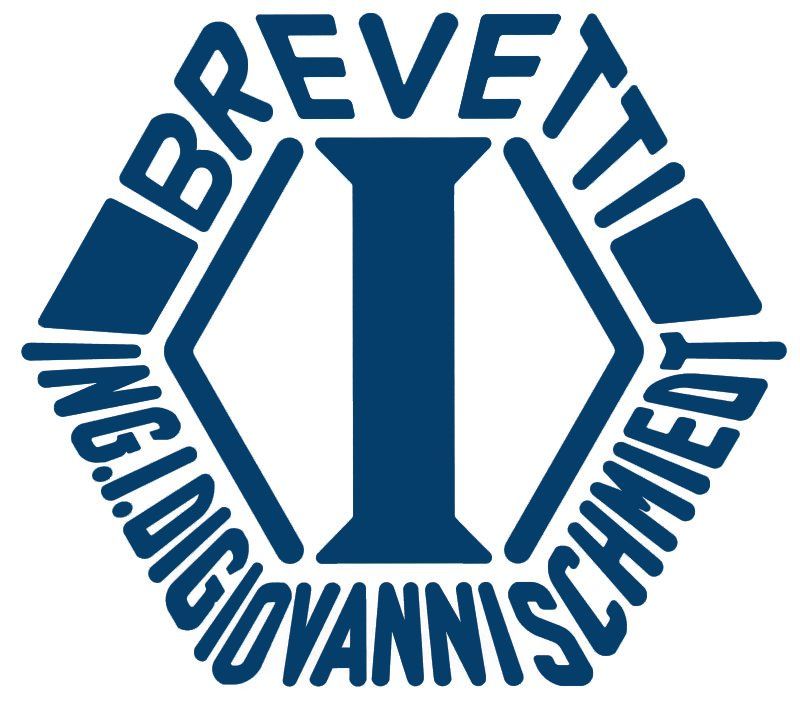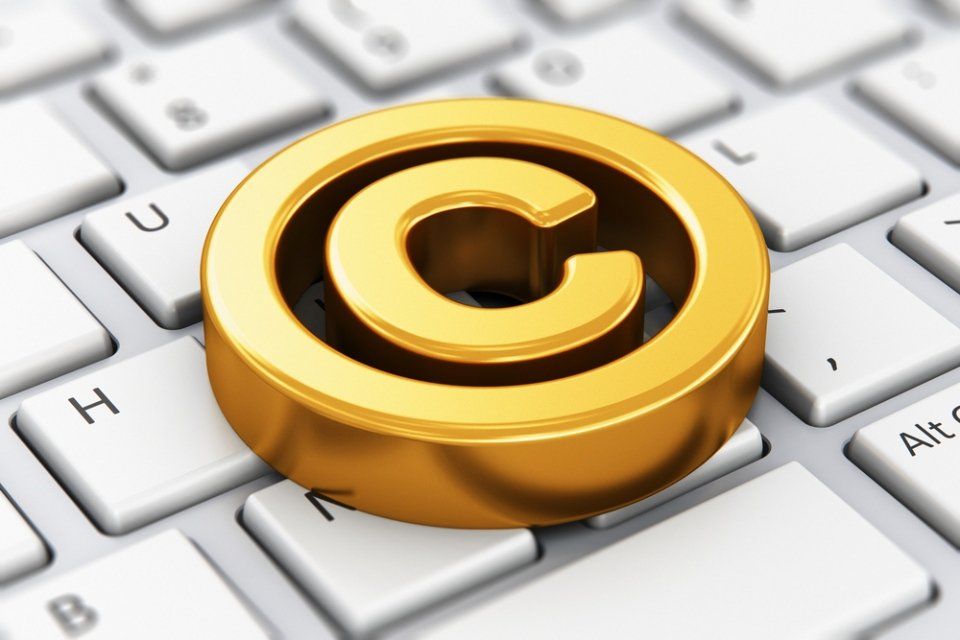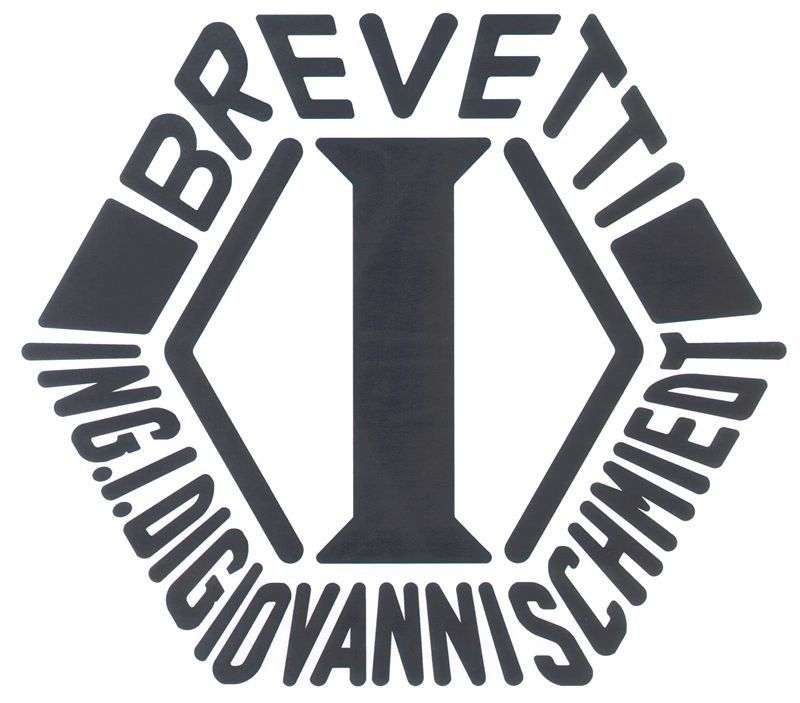Completion of paperwork in Milan for patent protection abroad
European patent
- Albania
- Austria
- Belgium
- Bulgaria
- Croatia
- Cyprus
- Czech Republic
- Denmark
- Estonia
- Finland
- France
- Germany
- Greece
- Hungary
- Iceland
- Ireland
- Italy
- Latvia
- Lichtenstein
- Lithuania
- Luxembourg
- Macedonia
- Malta
- Monaco
- Netherlands
- Norway
- Poland
- Portugal
- Romania
- San Marino
- Serbia
- Slovakia
- Slovenia
- Spain
- Sweden
- Switzerland
- Turkey
- United Kingdom
Search for prior art
Imminent activation of the Unitary Patent
We are pleased to inform you of the imminent entry into force of the "UPC Agreement", i.e. the agreement on a unified patent court.
From a practical point of view, an immediate effect of the entry into force of the UPC Agreement will be the possibility of obtaining a "unitary patent", i.e., a patent valid in those member countries of the European Union that have ratified the UPC Agreement. Similarly to a European Union trademark (formerly a "Community trademark"), a unitary patent is a patent valid in several European Union countries without the need (where required) to translate the description and claims of the patent into an official language of the country where protection is sought, nor to appoint a local correspondent.
The countries that have currently ratified the UPC Agreement (and therefore where the unitary patent will take effect) are seventeen: Austria, Belgium, Bulgaria, Denmark, Estonia, Finland, France, Germany, Italy, Latvia, Lithuania, Luxembourg, Malta, the Netherlands, Portugal, Slovenia, and Sweden.
Upon grant of the European patent, in addition to validating the latter in individual countries, it will be possible to apply for a unitary patent, i.e. to request a sort of validation of the European patent in the seventeen countries mentioned above through a single procedure. To obtain a unitary patent, it is necessary to file a European patent application (through the EPO) or enter the European regional phase at the end of the international stage of a PCT patent application (so-called "international patent application"). Suppose the European patent is drafted in English. In that case, the only requirement will be to translate the granted patent into one of the official languages of a European Union state. If, however, the European or PCT patent application claims the priority of an Italian patent application (as is usually the case), an Italian text will already be available and will have to be adapted to the text of the European patent as granted.
The advantages from an economic point of view are considerable. For example, to validate a European patent in Austria and Portugal, it is necessary to translate the text of the patent into German and Portuguese, respectively. For example, to validate a European patent in Denmark, Finland, the Netherlands, and Sweden, the patent claims must be translated into Danish, Finnish, Dutch, and Swedish, respectively. None of these translations will be necessary by opting for the unitary patent. In addition, you no longer need to pay an annual maintenance fee (so-called "annuities") in each of these countries. If you opt for the unitary patent, you will have to pay a single payment to the EPO that is significantly less than the sum of the fees to be paid in the countries mentioned above, as examples.
About those EU countries which have not (yet) ratified the UPC Agreement (such as Spain or Croatia), following the granting of a European patent, it will still be necessary to validate the patent in those countries (with the possible translation of all or part of the text into a local language and the appointment of a local correspondent).







